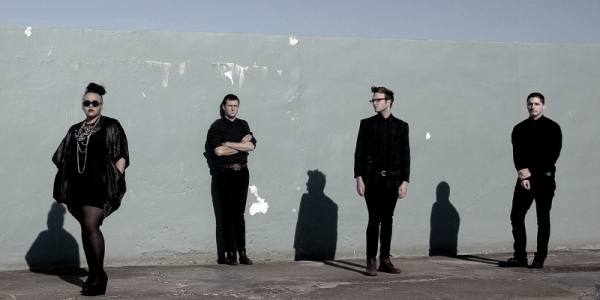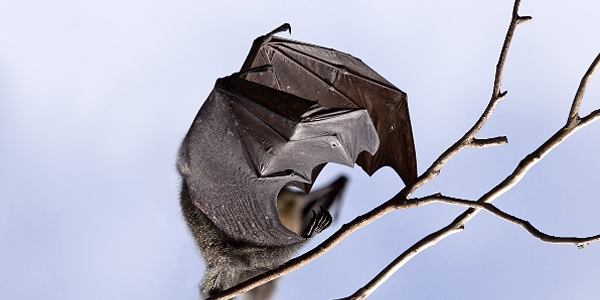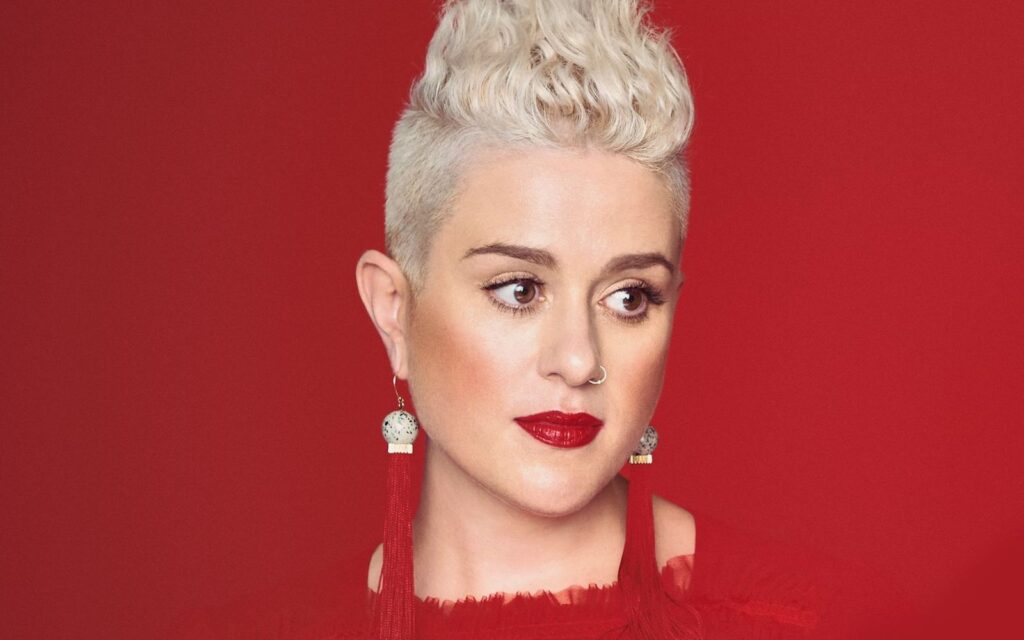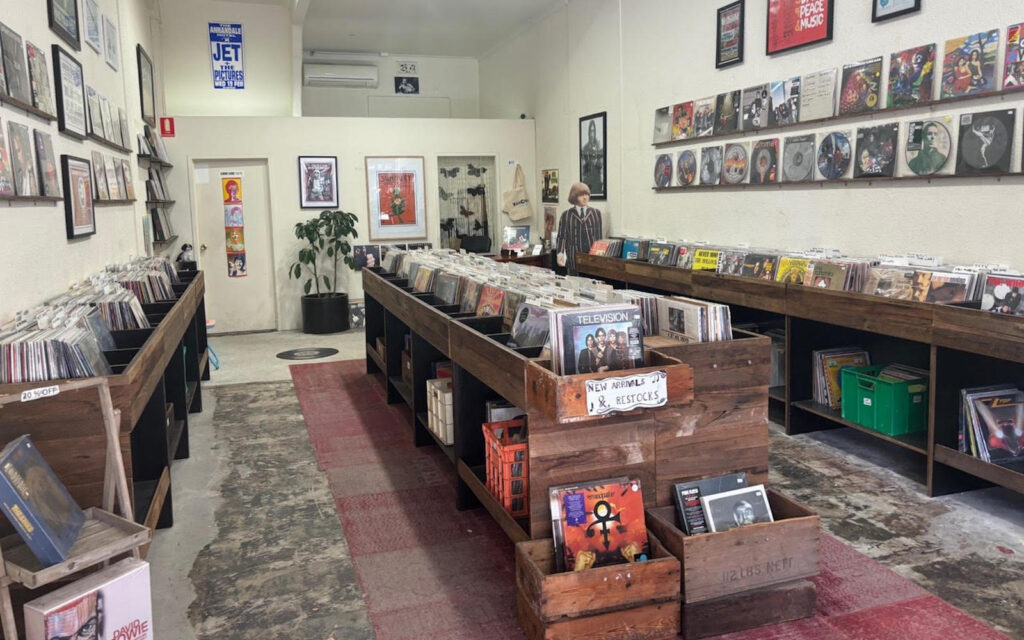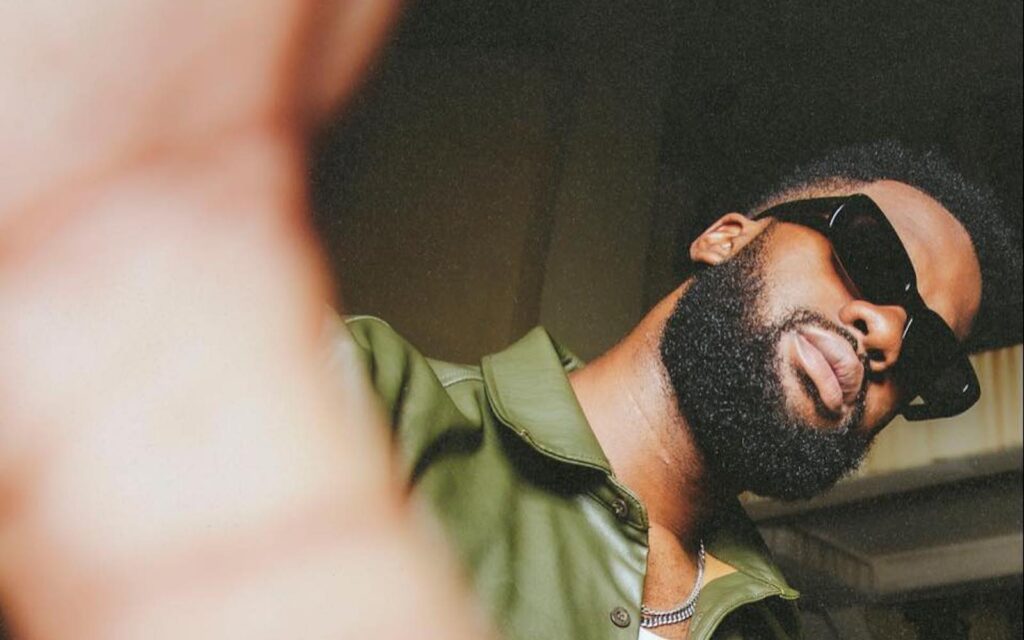So when one labels themselves as a fan of ‘doom-pop’, it’s best not to give them a look of bewilderment. Instead, you’d be wise to associate yourself with Kira Puru & The Bruise, the Sydney-based four-piece. Behind their latest single, Step Into The Light, Puru will soon be hitting the road with her deep, booming and soulful vocals and performance-driven band. And while Puru has drawn comparisons to both Sharon Jones and Amy Winehouse, she’s not so keen on having her music being put into a neat little box. Especially not soul music, which has been the easiest go-to for many who’re introduced to Puru.
“I see that happening to many artists on different labels,” she notes, reached on the phone. “It’s frustrating to be thrown into a box, it’s necessary for people to access your sound. But there’s nothing much besides the sound of my voice and other small elements that make our music soul music. I really couldn’t see how one would say that. It’s probably the most universally hated question, right? ‘What genre of music do you play?’”
Yet the affable Puru isn’t about to turn down any deserving compliments or comparisons. “I’m not going to turn my nose up when people compliment my music and compare me to Sharon Jones or Amy Winehouse.”
While Step Into The Light, amongst Puru’s other tracks, certainly maintains a soulful vibe, there’s a heavier insistence of groove and the uncanny ability to turn up the volume at just the right time. Puru admits that while she’s not adverse to soul music, her influences, as well as that of her bandmates are much more varied.
“I guess my voice is pretty soulful and I like my fair share of soul music, but what myself and the band like and listen to is so much more contemporary. We love the Arctic Monkeys, that’s a band favourite. Leonard Cohen and Nick Cave are other favourites. But because we spend so much time in the van, on the road, we just churn through albums.”
The fact that the entire band can agree on a few common influences is something of a rarity in this day in age. Sure enough, Puru and the Bruise use this common ground to their advantage when it comes to the writing process.
“It’s mostly a team effort,” Puru says of the band’s writing efforts. “I’ll write the outline of the songs, lyrics, chord progressions, things like that. But then I’ll take it to the band and we’ll go from there, as a team. We assemble the songs for the large part, together. There’s a sound that’s incredibly important for the band that I think people identify with.”
And while ‘doom-pop’ might not be getting its own showcase in the Rock And Roll Hall of Fame anytime soon, slowly but surely, music lovers in Australia are taking note of Puru’s ascension. The band has shared the stage with Clairy Brown & The Bangin’ Rackettes and has won triple j’s Unearthed APRA/AMCOS Song Summit Competition, yet for all their accolades it may be the intensely personal nature of their music which will establish itself as the band’s calling card. In Puru’s opinion, infusing their songs with emotion is a necessary part of the process.
“I think what I look for when I see people perform music is the connection. I want to find something that resonates, and that can only come when the artist delivers something that’s personal. And in a way, fragile. I think it’s hard to seem genuine if you’re not exposing yourself in some way. There’s a lot of songs I’ve written that may not be directly about me, but are still personal in some way. They’re stories that I feel particularly in tune with.”
At the very heart of Kira Puru & The Bruise, genres may only be an afterthought. Sure, her live performances have been called “genre-defying,” but speaking with the exuberant Puru, there is an understanding that the band is stretching for something far more potent, personal and permanent than a label. It’s a large sound, but Puru insists that its effects should always be felt on a personal level.
“I have to go to that place and find something in the song that feels very personal, so I can deliver something genuine,” she insists. “That can be exhausting, especially if you’re performing for an hour to a big crowd, when you’re trying to maintain an intimacy. It can get a bit crazy.”
BY JOSHUA KLOKE
